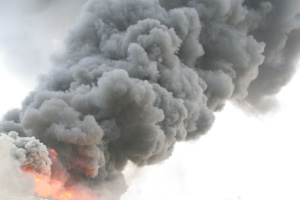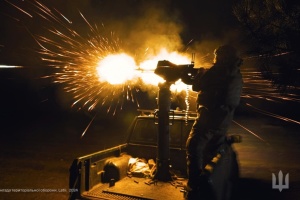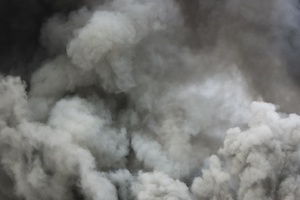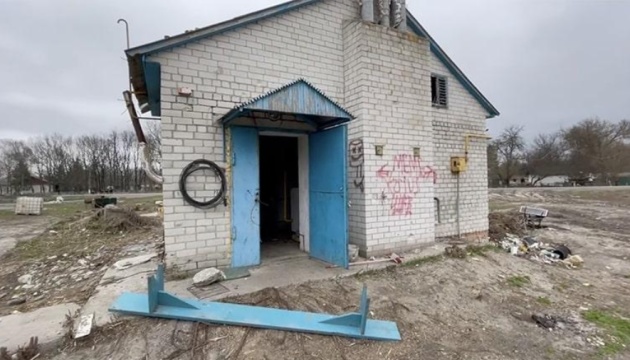
Human Rights Watch collects evidence of Russian atrocities in Kyiv and Chernihiv regions
The study was presented on the HRW website, Ukrinform reports.
"Russian forces controlling much of the Kyiv and Chernihiv regions in northeastern Ukraine from late February through March 2022 subjected civilians to summary executions, torture, and other grave abuses that are apparent war crimes," HRW said.
In 17 villages and small towns in the Kyiv and Chernihiv regions visited in April, Human Rights Watch investigated 22 apparent summary executions, 9 other unlawful killings, 6 possible enforced disappearances, and 7 cases of torture. Twenty-one civilians described unlawful confinement in inhuman and degrading conditions.
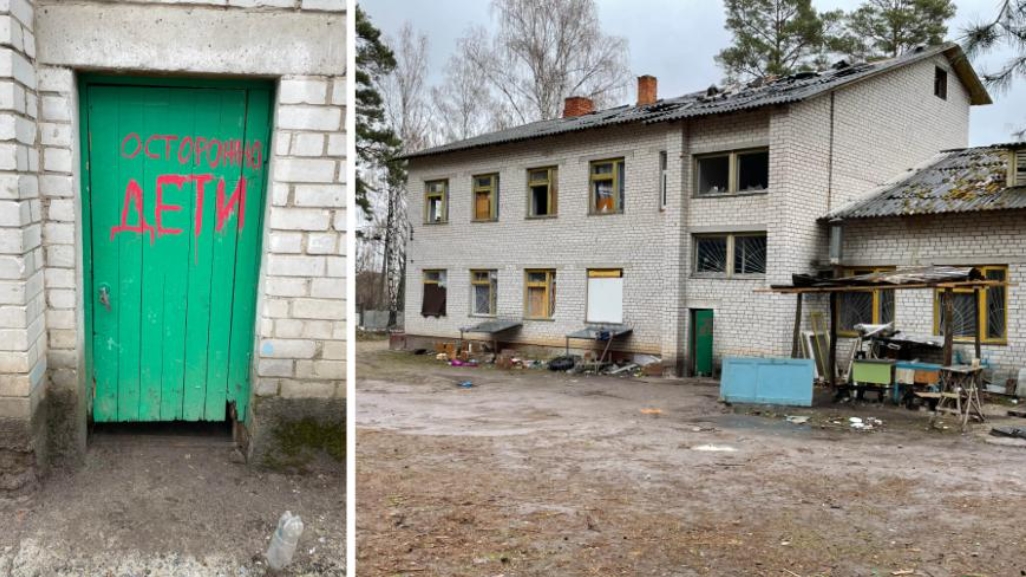
"The numerous atrocities by Russian forces occupying parts of northeastern Ukraine early in the war are abhorrent, unlawful, and cruel," said Giorgi Gogia, associate Europe and Central Asia director at Human Rights Watch. According to him, these abuses against civilians are evident war crimes that should be promptly and impartially investigated and appropriately prosecuted. "Justice may not come quickly, but all steps should be taken to ensure that those who suffered see justice someday soon," Gogia said.
Human Right Watch interviewed 65 people between April 10 and May 10, including former detainees, torture survivors, families of victims, and other witnesses. Human Rights Watch also examined physical evidence at the locations where some of the alleged abuses took place as well as photos and videos shared by victims and witnesses. In particular, HRW documented seven cases of torture in which Russian soldiers beat detainees, used electric shocks, or carried out mock executions to coerce them to provide information.
All parties to the armed conflict in Ukraine are obligated to abide by international humanitarian law, or the laws of war, including the Geneva Conventions of 1949, the First Additional Protocol to the Geneva Conventions, and customary international law. Belligerent armed forces that have effective control of an area are subject to the international law of occupation found in The Hague Regulations of 1907 and the Geneva Conventions. International human rights law, notably the International Covenant on Civil and Political Rights and the European Convention on Human Rights, is applicable at all times.
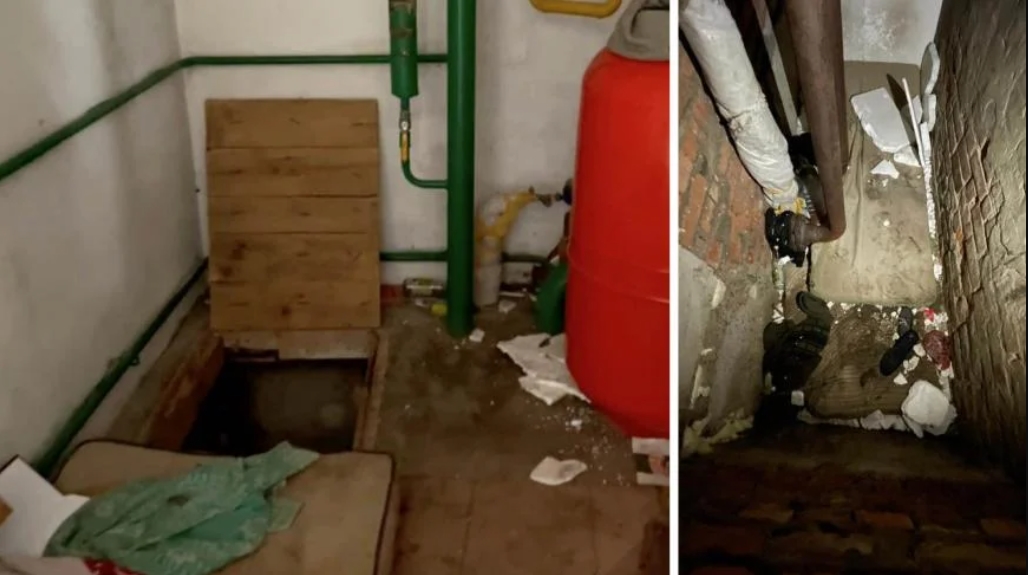
The laws of war prohibit attacks on civilians, summary executions, torture, enforced disappearances, unlawful confinement, and inhumane treatment of detainees. Pillage and looting of property are also prohibited. The internment or assigned residence of civilians is permitted exceptionally for "imperative reasons of security." A party to the conflict occupying territory is generally responsible for ensuring that food, water, and medical care are available to the population under its control, and to facilitate assistance by relief agencies.
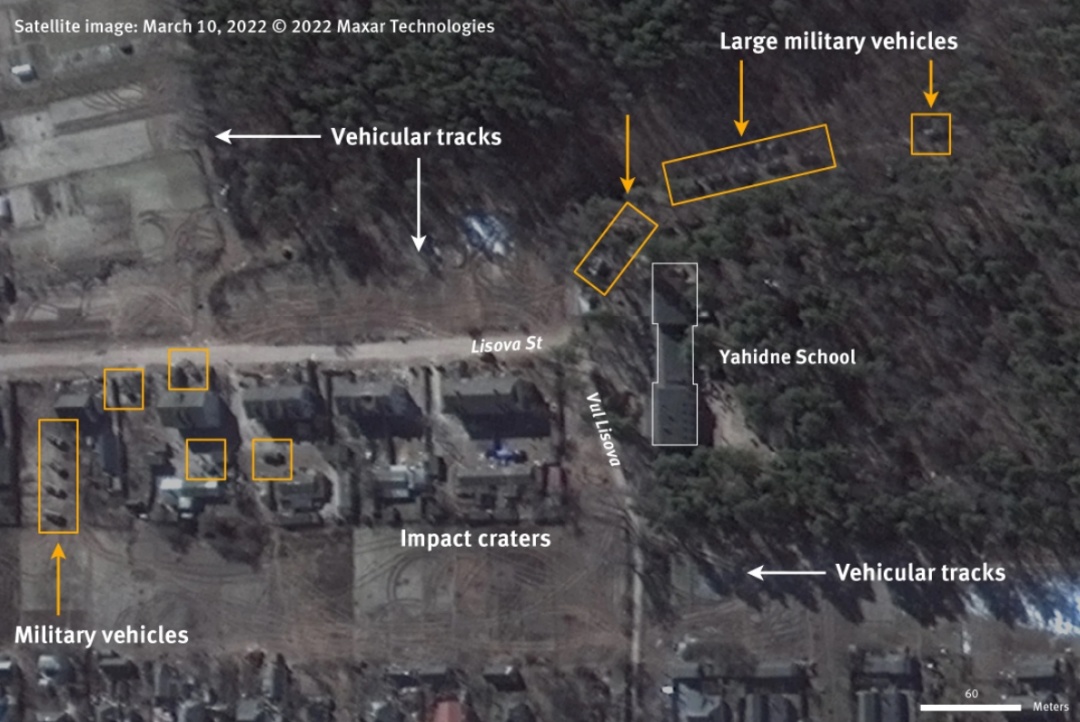
Anyone who orders or commits serious violations of the laws of war with criminal intent, or aids and abets violations, is responsible for war crimes. Commanders of forces who knew or had reason to know about such crimes but did not attempt to stop them or punish those responsible are criminally liable for war crimes as a matter of command responsibility.
Russia and Ukraine have obligations under the Geneva Conventions to investigate alleged war crimes committed by their forces or on their territory and appropriately prosecute those responsible. Victims of abuses and their families should receive prompt and adequate redress.
According to human rights activists, Ukrainian authorities should take steps to preserve evidence that could be critical for future war crimes prosecutions, including by cordoning off gravesites until professional exhumations are conducted, taking photos of bodies and the surrounding area before burial, recording causes of death as possible, recording names of victims and identifying witnesses, and looking for identifying material that Russian forces may have left behind.
On February 24, Russian President Vladimir Putin announced the beginning of a full-scale invasion of Ukraine. Russian troops are shelling and destroying critical infrastructure and residential areas of Ukrainian cities, towns and villages using artillery, multiple rocket launchers, and ballistic missiles.


